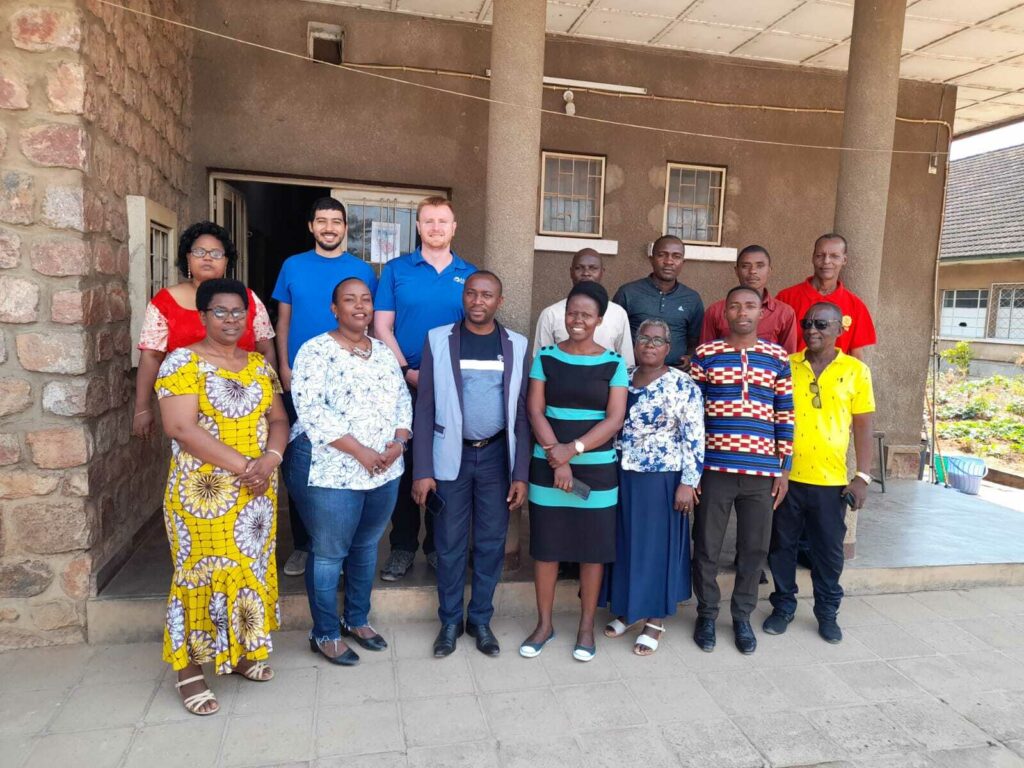
MapAction’s work has always applied its geospatial and data expertise in order to provide information on humanitarian needs. Now, due to the changing world around us, we are expanding our focus on issues such as health and in other areas. Our activities will increasingly aim to use data and geospatial information to combat major health challenges that affect vulnerable populations.
We have previously used our expertise in health related areas during the Covid-19 crisis and are now turning our focus to other challenges, the first being malaria. Malaria is one of the leading causes of death, suffering, poverty and underdevelopment globally. Every year 500 million people become severely ill from malaria and more than a million people die, the great majority of them women and children in sub-Saharan Africa.
We know that data and geospatial information and good knowledge management can help reduce these figures. Our IHDP tool (Integrated Humanitarian Data Package) was designed to aid vaccine delivery planning and logistics. It contains selected data sets, information explaining the data (‘metadata’), and GIS and coding tools which allows users to easily develop situation-specific items such as maps and other graphics.
Having trialled the IHDP in South Sudan for Covid 19 vaccine delivery planning, we are now testing it in a second country, and with malaria. In Burundi malaria cases have almost doubled since the early 2000s, reaching 843,000 cases per million inhabitants in 2019.
To kick-off our programme of work, two MapAction team members travelled to Burundi to meet with partners from the Programme National Intégré de Lutte contre le Paludisme (PNILP – the National Integrated Malaria Control Programme). Our aim was to support them with digital data collection and to assess the need for more support.
The PNILP team distributes long-lasting insecticide treated bednets to households across the region. In the past, they have used a paper-based survey to estimate the number of bednets needed but they want to use a digital survey to make the process more effective.
The two teams discussed how we might work together and the MapAction team demonstrated how KoBo – a software app for mobile data collection and management – could be used for future surveys.
MapAction volunteers, Daniel Soares and Chris Jarvis, provided KoBo training to 12 members of the team. The participants already had a foundational knowledge of KoBo, which meant that MapAction could work with the team at a faster pace.
The training session looked at how to design KoBo forms for the survey teams who will be using smartphones, and how to then upload the collected data for analysis and planning.
In addition, the session also covered how to make data collection more secure and effective, by restricting access to the data and ensuring privacy, and how to streamline the data collection process for faster data analysis.
PNILP were interested in digital data collection for other activities too, and the focus is now on continuing to support the PNILP team with specific technical needs when necessary.
